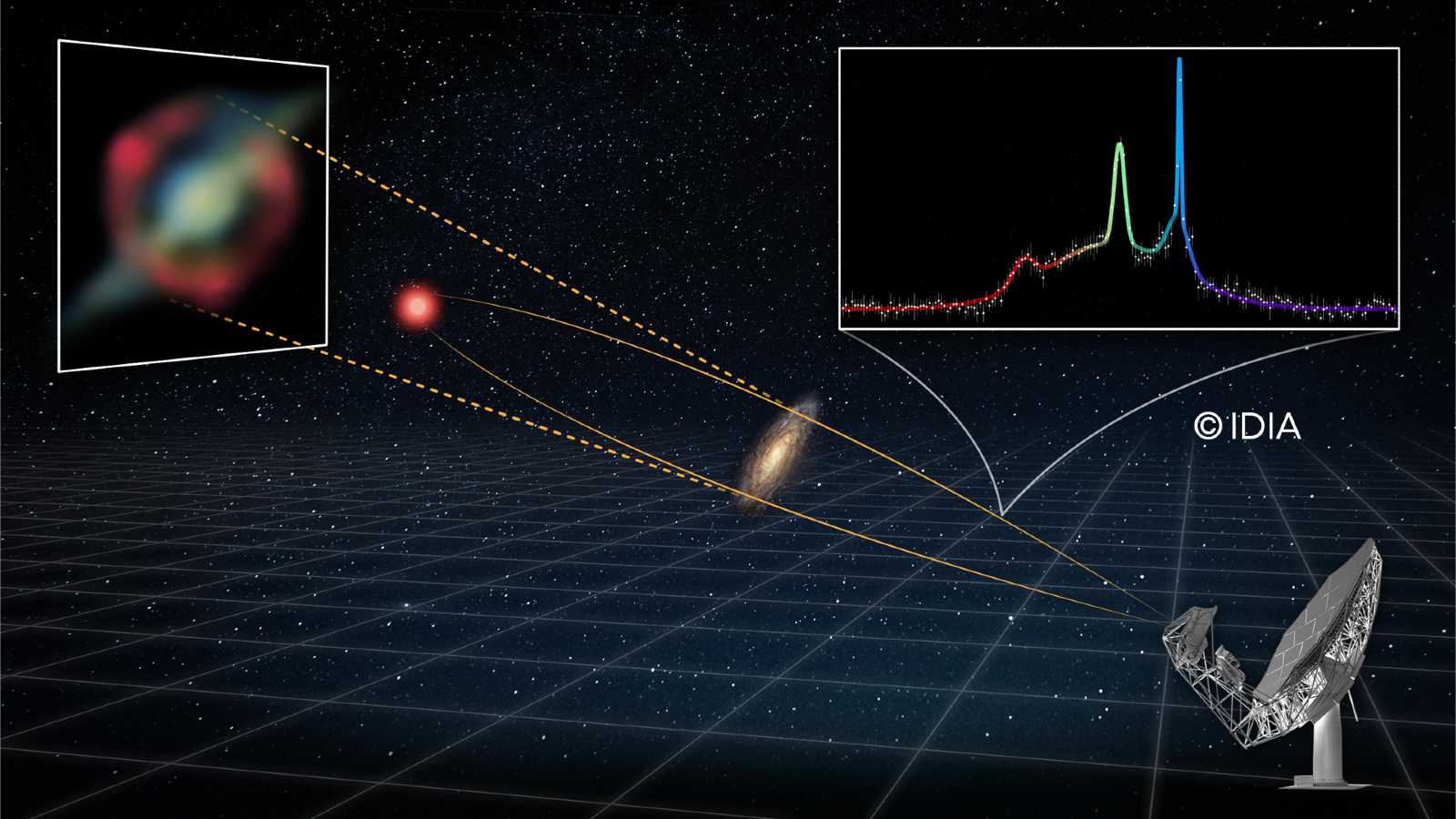James Webb Space Telescope
Latest about James Webb Space Telescope
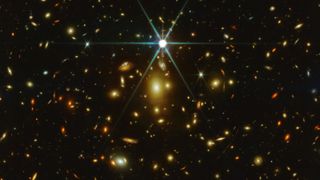
Oops! Earendel, most distant star ever discovered, may not actually be a star, James Webb Telescope reveals
By Shreejaya Karantha published
Astronomers used the James Webb Space Telescope to investigate whether the most distant star identified in the universe is, in fact, a star cluster.
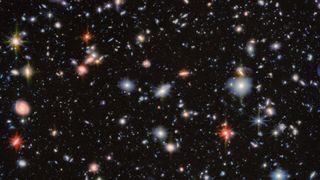
James Webb telescope captures one of the deepest-ever views of the universe — Space photo of the week
By Jamie Carter published
The James Webb telescope's 100-hour reexamination of one of Hubble's most iconic extragalactic images reveals extraordinary new details.
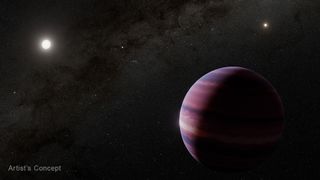
'The most significant JWST finding to date': James Webb spots — then loses — a giant planet orbiting in the habitable zone of our closest sun-like star
By Elizabeth Howell published
Alpha Centauri may have a "disappearing planet', new James Webb Space Telescope observations hint. If confirmed, it could be the closest alien planet to Earth that orbits in its star's habitable zone.
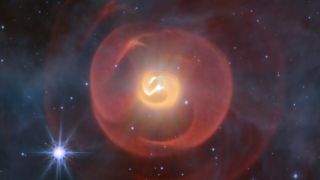
James Webb telescope spies 2 dying stars spilling their guts
By Ben Turner published
Captured in infrared light by the James Webb Space Telescope, the peculiar star system Apep consists of two dying stars spewing their innards at each other.
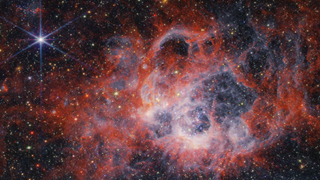
James Webb telescope reveals 'Sleeping Beauty' galaxies in the early universe — snoozing where they weren't supposed to exist
By Shreejaya Karantha published
Using data from the James Webb Space Telescope, astronomers have discovered dormant galaxies with a wide range of masses in the first billion years after the Big Bang, moving one step closer to understanding how early galaxies grow.
Get the world’s most fascinating discoveries delivered straight to your inbox.
 Live Science Plus
Live Science Plus










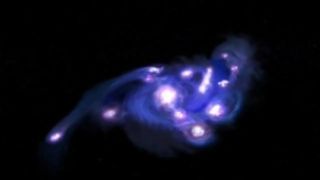
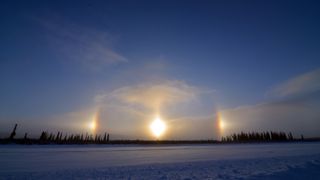
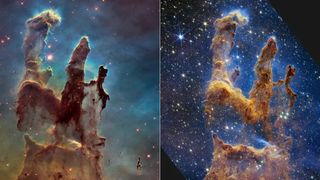
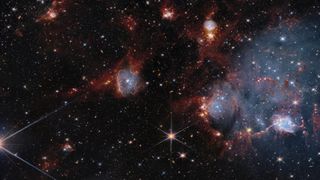
![A family portrait of galaxies from the CRISTAL survey. Red shows cold gas traced by ALMA’s [CII] observations. Blue and green represent starlight captured by the Hubble and James Webb Space Telescopes](https://cdn.mos.cms.futurecdn.net/eVukmgPN8vVBokz2SrUwMV-320-80.png)
